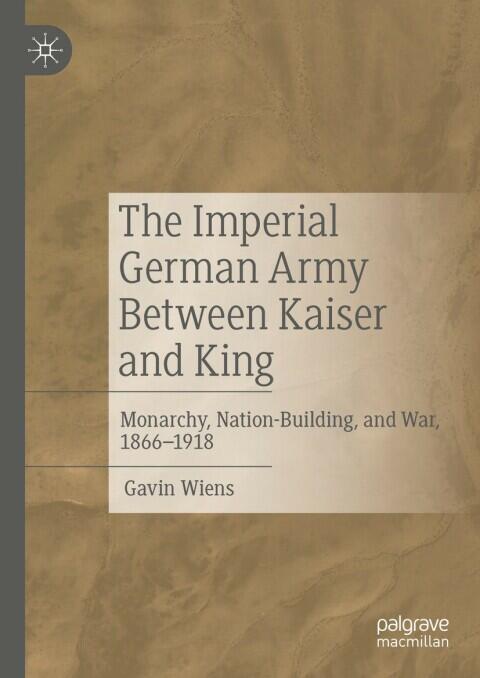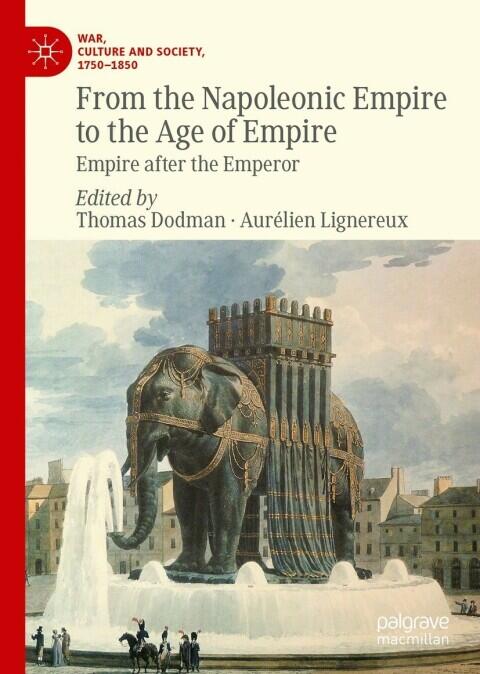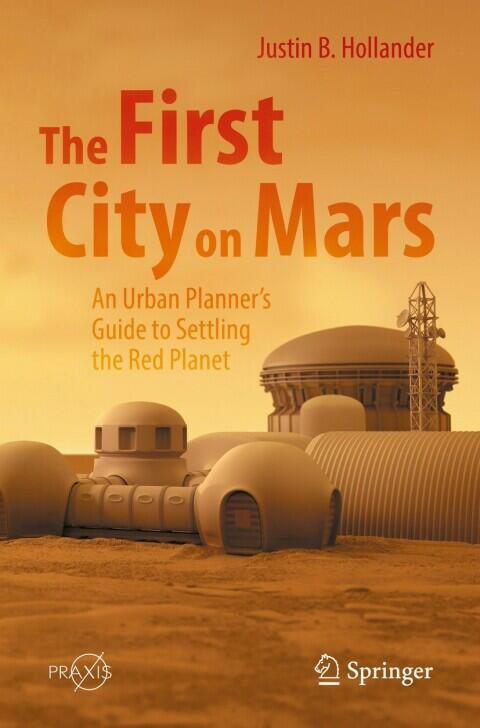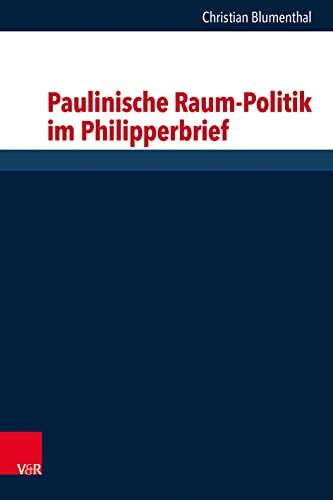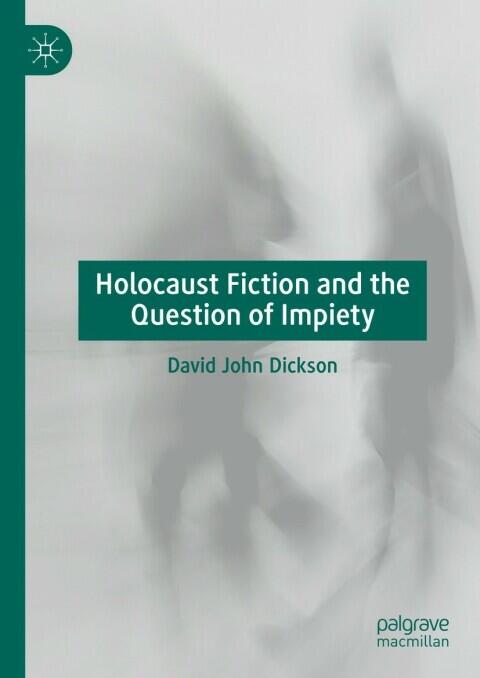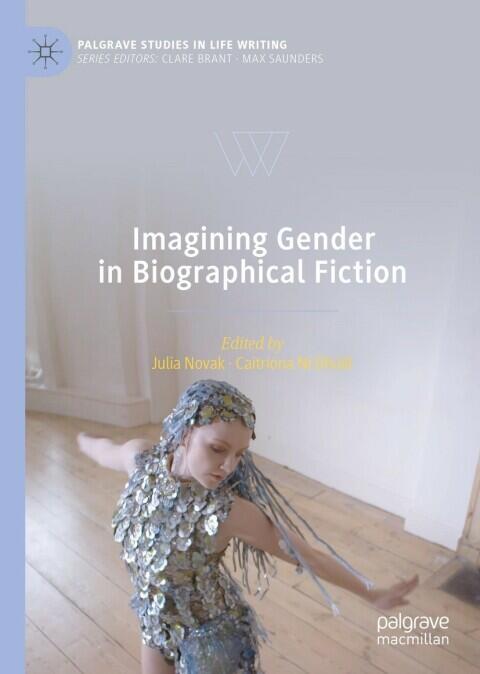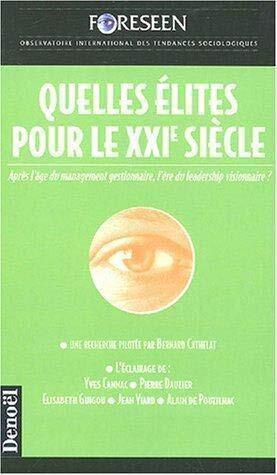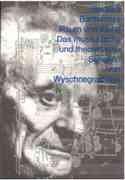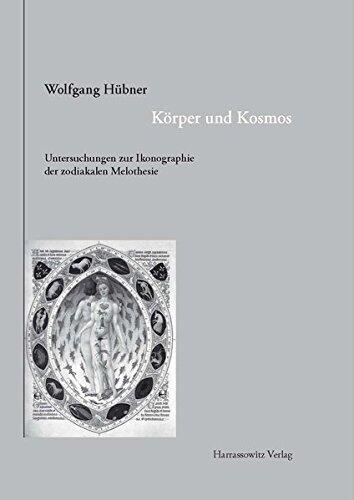
Körper und Kosmos: Untersuchungen zur Ikonographie der zodiakalen Melothesie
بواسطة
Wolfgang H|bner
لا توجد تقييمات بعد
History
Graphic Novels
Art & Photography
تنسيق
غلاف صلب
صفحات
412
لغة
الألمانية
منشور
Aug 1, 2013
الناشر
Harrassowitz Verlag
رقم ISBN-10
3447069228
رقم ISBN-13
9783447069229
الوصف
Wolfgang Hübner delves into the intricate relationship between the human body and celestial phenomena in this scholarly work. The exploration of zodiacal melothesie—a concept linking the zodiac signs to various aspects of human health and wellbeing—is both profound and enlightening. Through meticulous research, Hübner articulates the historical and cultural significance of these connections, drawing parallels between astrological beliefs and medical practices throughout the ages.
The text is rich with iconographic analysis, revealing how zodiac signs have been represented in art and how these depictions have influenced medical understanding. Hübner's insights encourage readers to consider the historical context in which these ideas flourished, inviting them to reflect on how the cosmos has shaped human perception of identity and health.
In addition to historical analysis, the work invites a contemporary re-examination of these age-old beliefs, prompting discussions on the relevance of astrology in modern medicine. It serves as a bridge between the historical legacy of astrological practices and their potential implications today, making it a vital resource for scholars and enthusiasts alike.
With a blend of art history, astrology, and medicine, this exploration not only adds to the scholarly discourse but also ignites curiosity about the intertwined paths of the body and the cosmos. Hübner's rigorous investigation into this fascinating topic enriches the reader’s understanding of how ancient beliefs continue to resonate in the realms of both science and spirituality.
The text is rich with iconographic analysis, revealing how zodiac signs have been represented in art and how these depictions have influenced medical understanding. Hübner's insights encourage readers to consider the historical context in which these ideas flourished, inviting them to reflect on how the cosmos has shaped human perception of identity and health.
In addition to historical analysis, the work invites a contemporary re-examination of these age-old beliefs, prompting discussions on the relevance of astrology in modern medicine. It serves as a bridge between the historical legacy of astrological practices and their potential implications today, making it a vital resource for scholars and enthusiasts alike.
With a blend of art history, astrology, and medicine, this exploration not only adds to the scholarly discourse but also ignites curiosity about the intertwined paths of the body and the cosmos. Hübner's rigorous investigation into this fascinating topic enriches the reader’s understanding of how ancient beliefs continue to resonate in the realms of both science and spirituality.



